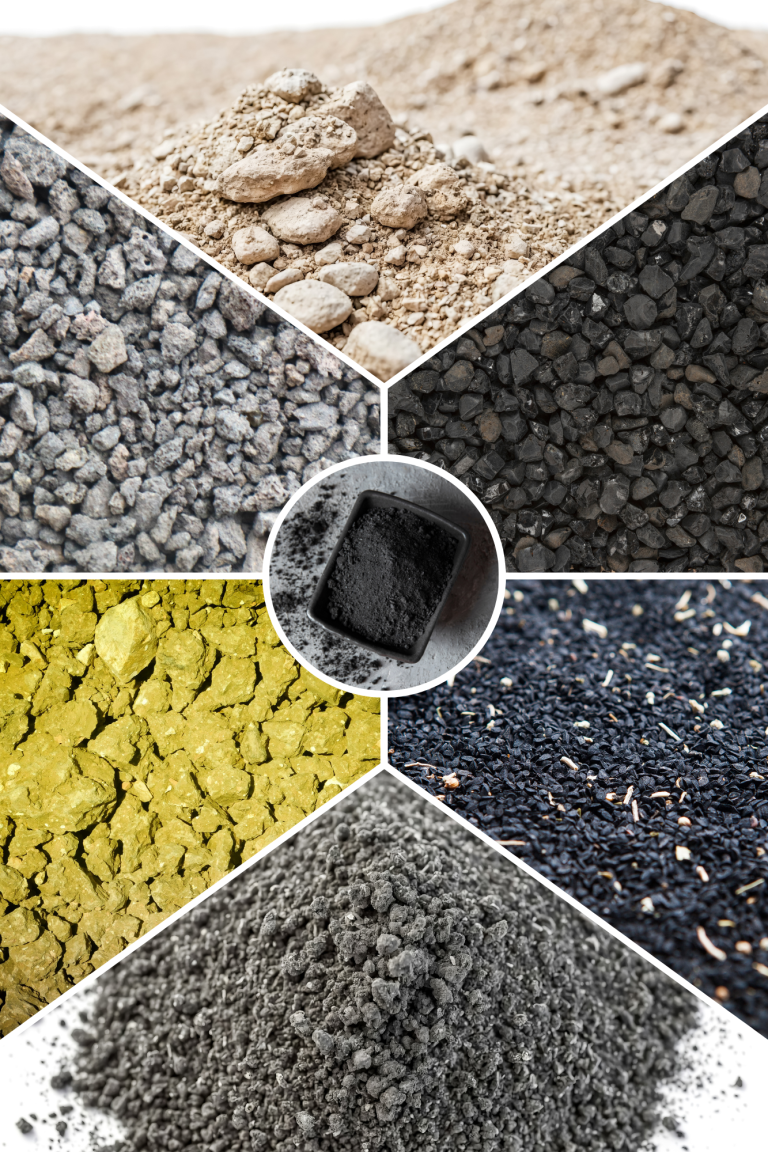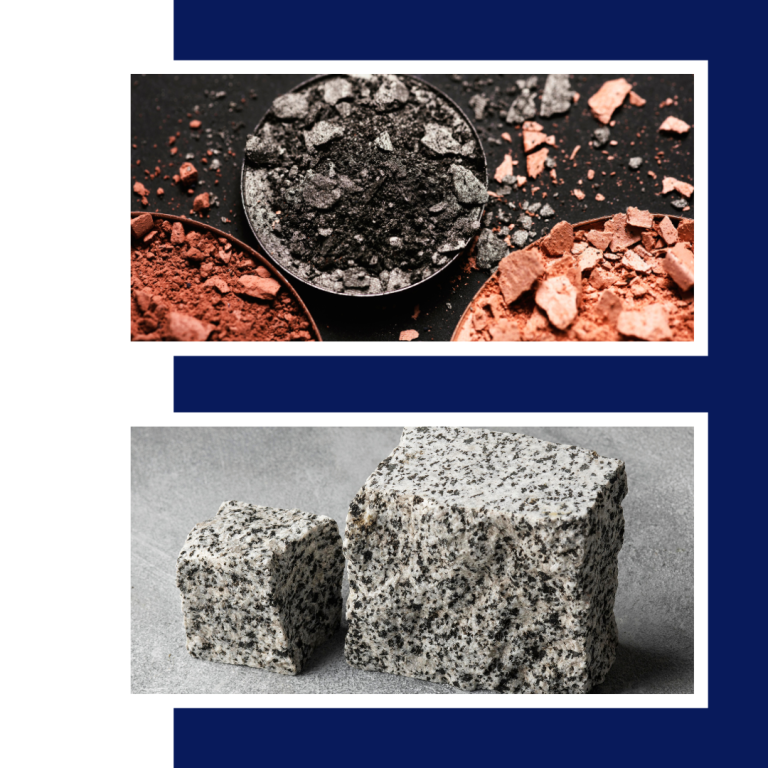Granulated Slag
Our Products / Granulated Slag
Introduction to Granulated Slag
Granulated blast furnace slag (GBFS) is a valuable byproduct of the iron and steel industry, created during the smelting process. As molten slag is rapidly quenched with water, it forms a glassy, granular material. Due to its unique physical and chemical properties, granulated slag plays a key role in modern construction materials, particularly in the production of high-performance cement and concrete. Its eco-friendly nature, resulting from waste repurposing, makes it an essential component in sustainable building practices. Granulated slag is not only a versatile material used in cement and concrete but also plays a key role in reducing the environmental impact of the construction and steel industries. Its cementitious properties, combined with its ability to improve durability and strength, make it an essential component in modern infrastructure projects.
Moreover, incorporating GBFS in concrete can significantly lower the carbon footprint associated with traditional cement production, as it requires less energy and produces fewer greenhouse gas emissions. The use of granulated slag enhances the workability of concrete mixtures, allowing for easier handling and application on construction sites. Additionally, it contributes to increased resistance against chemical attacks and environmental factors, ensuring longevity and sustainability in building structures. With the global push toward greener construction practices, the adoption of granulated blast furnace slag is becoming increasingly important, helping to pave the way for a more sustainable future in the construction industry. Its potential for innovative applications, such as in road construction and soil stabilization, further underscores its value as a multifunctional material in enhancing the resilience and sustainability of infrastructure projects.


